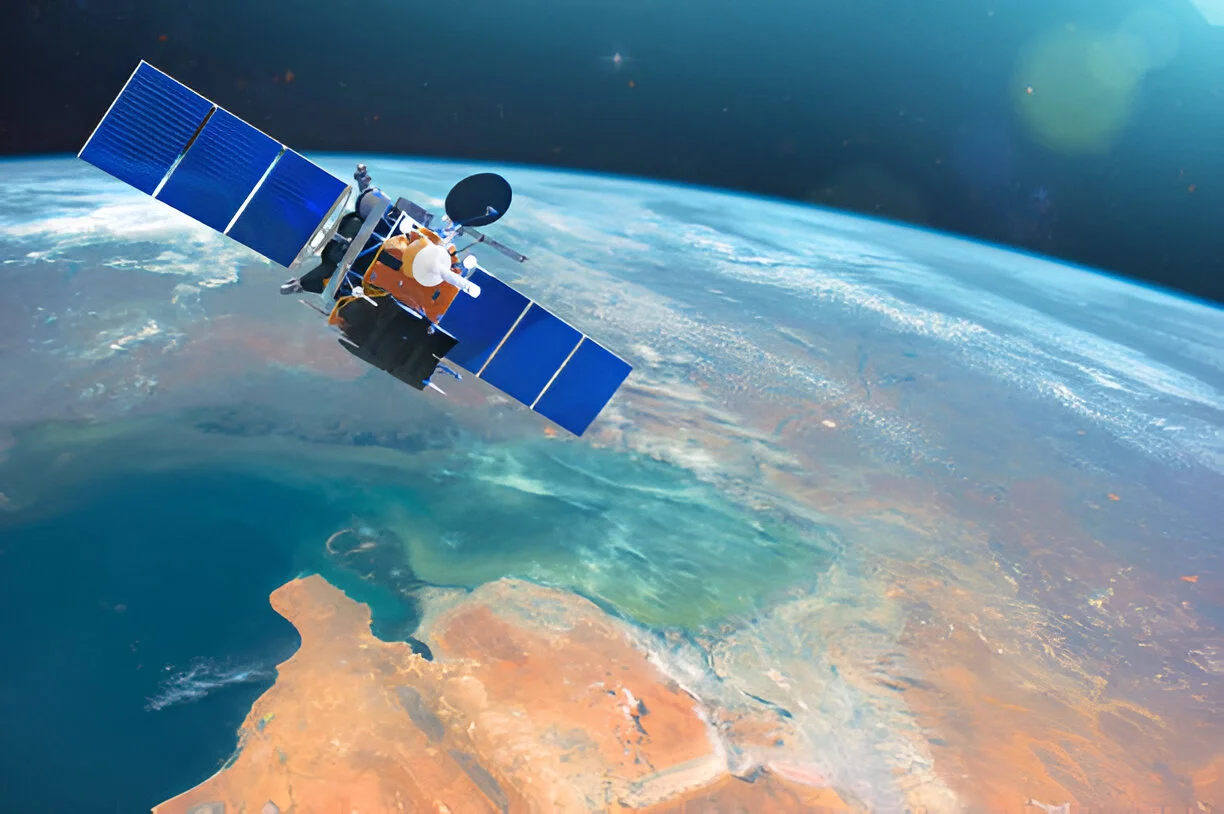In emergency situations, communication is crucial for effective response and coordination. However, traditional terrestrial communication networks are often compromised or unavailable during disasters. This is where emergency satellite communications providers play a pivotal role. Satellite communications have emerged as a powerful tool in emergency response efforts, providing reliable connectivity and real-time communication in even the most remote locations.
Remote Satellite Systems International is a satellite communications provider based in California, USA, specializing in emergency and backup communication solutions. Remote Satellite Systems International has been recognized as the best emergency satellite communications provider for its unwavering commitment to ensuring seamless communication during critical times. Their cutting-edge technology and quick response have been instrumental in disaster relief operations worldwide. This accolade is a testament to their dedication to keeping communities connected and safe in times of need.
Understanding Emergency Satellite Communications
Emergency satellite communications form a critical part of communication systems for emergency response and disaster management. Unlike traditional terrestrial networks, satellite communications operate through a vast network of satellites orbiting the Earth. This satellite network allows for seamless communication and data exchange, even in remote areas where terrestrial networks may be compromised or non-existent.
During emergency response and disaster situations, satellite communications play a pivotal role in ensuring effective communication between emergency responders, coordination centers, and external resources. When terrestrial communication infrastructure is severely damaged or unavailable, satellite communications provide reliable connectivity, enabling real-time information exchange and coordination. This connectivity is instrumental in coordinating rescue operations, optimizing resource allocation, and ensuring the safety of both responders and affected communities.
Features of Emergency Satellite Communications Providers
Emergency satellite communications providers offer a range of features that make them ideal for disaster response and emergency situations. These features ensure reliable communication, efficient coordination, and the ability to operate in remote areas.
1) Rapid Deployment: Emergency satellite communications providers have the capability to rapidly deploy communication systems in disaster-affected areas, ensuring quick establishment of connectivity for emergency responders.
2) Global Coverage: Satellite networks provide global coverage, allowing for communication in even the most remote and hard-to-reach locations during emergencies.
3) Priority Access: Providers offer priority access to their satellite networks during emergencies, ensuring that critical communication needs are met promptly.
4) Interoperability: Emergency satellite communications systems are designed to be interoperable with various communication devices used by different response teams, ensuring seamless coordination and information sharing among multiple agencies during a crisis.
5) Redundancy: Satellite communications offer a redundant communication option in case terrestrial networks fail or become overloaded, guaranteeing continuous connectivity for emergency operations.
Cost Analysis of Satellite Communications Services
Cost analysis is an important aspect when considering satellite communications services for emergency response. While the exact cost may vary depending on the provider and specific requirements, it is essential to evaluate the pricing models and find the best value for money. Understanding the pricing models, such as subscriptions vs. one-time costs, can help in making an informed decision.
In the realm of emergency response, the significance of rapid deployment cannot be overstated. The ability of satellite communication providers to swiftly establish connectivity in disaster-stricken areas plays a pivotal role in facilitating effective response efforts.
Moreover, the global coverage offered by satellite networks serves as a beacon of hope in remote and inaccessible regions during emergencies. This broad reach ensures that no corner of the world is left disconnected during times of crisis. Priority access to satellite networks further underscores their utility in emergency situations. By providing expedited communication channels, vital information can be relayed promptly, aiding in efficient decision-making and response coordination.
How to Choose the Right Provider for Your Needs?
Choosing the right emergency satellite communications provider is crucial for effective communication and coordination during emergencies. Here are some factors to consider when selecting a provider:
- Specific Needs: Identify your specific communication requirements. Are you an emergency responder in need of reliable communication in remote areas? Are you a traveler who frequently visits international destinations? Understanding your specific needs will help narrow down the options.
- Coverage Area: Evaluate the coverage area of different providers. Ensure that the provider offers coverage in the areas where you are most likely to require emergency satellite communication. This is especially important for remote areas or locations with limited terrestrial network coverage.
- Device Functionality: Consider the functionality of the satellite communication devices offered by the provider. Do they offer features such as satellite messenger or personal locator beacon functionality? These features can be crucial in emergency situations, allowing for direct communication and location tracking.
- Reliability and Support: Look for a provider with a strong reputation for reliability and customer support. Emergency situations require dependable communication, and a reliable provider can ensure seamless connectivity and timely support when needed.
- Cost and Pricing: Compare the pricing plans and options offered by different providers. Consider the subscription costs, activation fees, and any additional charges. Ensure that the chosen provider offers a pricing structure that aligns with your budget and communication needs.
According to these factors Remote Satellite Systems International is a top choice for emergency satellite communications. As an emergency responder in need of reliable communication in remote areas, their extensive coverage area ensures connectivity even in the most isolated locations. Their devices offer advanced functionality like satellite messenger and personal locator beacon features, vital for direct communication and location tracking during emergencies.
Conclusion
In conclusion, selecting the best emergency satellite communications provider is crucial for seamless connectivity during critical situations. Evaluate key features, pricing models, and align them with your specific needs to ensure value for money. Prioritize reliability, coverage, and customer support when making your decision. By understanding the nuances of emergency satellite communications services, you can make an informed choice that caters to your requirements effectively.
